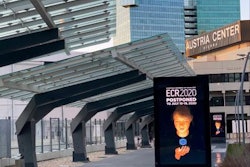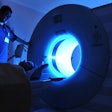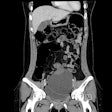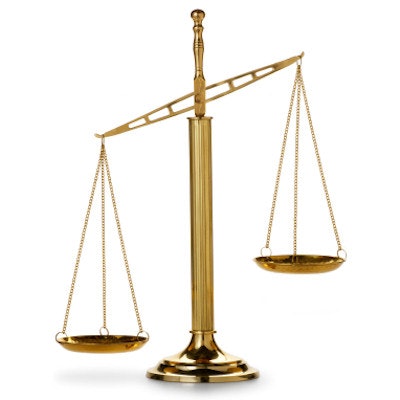
The European Society of Radiology (ESR) is considering taking legal action against the City of Vienna and the Republic of Austria due to their alleged failure to provide clear guidance and direction over whether to call off ECR 2020.
Despite intensive efforts, the society received no instructions from the relevant authorities as to whether the congress should be canceled on the grounds of protecting against the spread of the coronavirus, noted Peter Baierl, executive director of the ESR, in a statement issued in German to the Austrian media on 5 March.
Baierl said he was stunned by the lack of support from government authorities, even though the ESR had repeatedly warned about the risks posed to public health if the meeting were allowed to go ahead.
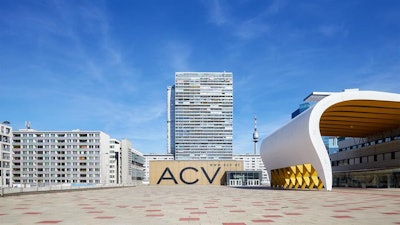 ECR 2020 was due to begin at the Austria Center Vienna on 11 March, but the venue will now remain silent.
ECR 2020 was due to begin at the Austria Center Vienna on 11 March, but the venue will now remain silent.The ESR postponed the congress on 3 March and rescheduled it to 15-19 July, but in taking this decision, the society was bearing the full risk and responsibility, according to Baierl. The organizers were forced to decide on the postponement of ECR due to the "unfeasible epidemic-related security requirements," even though the conditions for an official prohibition had been met, he explained.
He accused the authorities of passing the decision about measures to prevent the spread of the coronavirus -- namely, the cancellation of a major event -- to the private organizers.
ECR, which has been located in Vienna since 1991, is the showpiece event of the Austrian congress industry and results in an annual profit of around 18 million euros for the city, the ESR statement continued. Each annual congress also creates more than 300 jobs, but the "irresponsible, business-damaging, and highly unprofessional approach" will harm Vienna's reputation as a congress location, and the external effect on existing and future business partners can only be described as devastating, the ESR pointed out.
The potential health impact on the Austrian public, the congress participants, and the workers onsite at the Austria Center Vienna as well as those based in adjacent buildings cannot be estimated, even by experts, noted the statement.
Media coverage in Austria
The ESR's press release has resulted in a series of articles on the topic by leading national and local media outlets, including Die Presse, Der Standard, and Wiener Zeitung.
The coronavirus situation raises numerous legal questions, and affected entrepreneurs and private individuals are wondering whether their loss of income and other costs will be reimbursed, Wiener Zeitung reported on 6 March. The first disputes about compensation are pending, and the situation is made more difficult by the fact that lawyers often break new ground on these cases, it said.
Austria's 1950 Epidemic Act does provide some clues here, but despite making amendments, the legislators have never really adapted it to modern circumstances, Peter Bußjäger, professor of administrative law at the University of Innsbruck, told Wiener Zeitung.
Hoteliers in Austria are suffering too, the Der Standard reported. The hoteliers' association (ÖHV) stated that 11.5% of its members had already cut staff, and the tourism software provider easybooking.eu has seen a general decline in bookings since mid-February, and not only in relation to crisis areas.
Congresses and trade fairs play a central role in Viennese tourism because conference guests spend more than twice as much as regular tourists, Dominic Schmid, a Vienna Chamber of Commerce (WKW) hotel manager, told Der Standard.
"A postponement [of ECR] is of course better than a complete cancellation, but this nevertheless means the companies are facing a loss of sales, because the canceled rooms can no longer be allocated at short notice," said Schmid.
The 10 million euro loan guarantee fund granted by the federal government to affected businesses is an important step in the right direction, he conceded.
By the morning of 9 March, more than 4,700 tests for coronavirus had been carried out in Austria, according to the Ministry of Health. A total of 112 people had tested positive, 33 of whom are in Vienna and 36 in Lower Austria, according to the Vindobona Vienna International News service.





